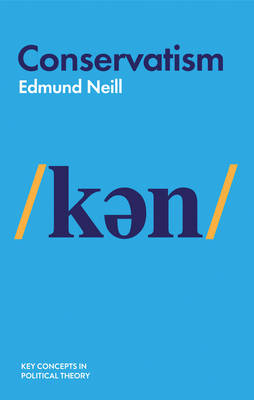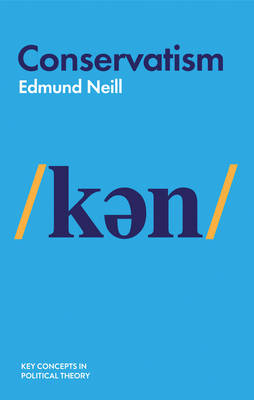
- Retrait gratuit dans votre magasin Club
- 7.000.000 titres dans notre catalogue
- Payer en toute sécurité
- Toujours un magasin près de chez vous
- Retrait gratuit dans votre magasin Club
- 7.000.0000 titres dans notre catalogue
- Payer en toute sécurité
- Toujours un magasin près de chez vous
Description
Conservatism is often labelled as a 'disposition', 'tradition', or even a set of knee-jerk reactions, rather than an ideology, and its suspicion of grand theorising has lent itself to this characterization. In this book, leading political theorist Edmund Neill challenges this view.
He argues that conservatism is better identified as an ideology, albeit one that, rather than putting forward positive values like 'liberty' or 'equality', conceptualizes human conduct as being partially dependent on forces beyond human volition, and prioritizes the cautious management of change. He charts the evolution of conservative thought from the French Revolution to the present, examining how conservatives responded to disruptions to traditional order across the nineteenth and twentieth centuries. Drawing on examples from Britain, France and the United States, Neill concludes with some reflections on the challenges (and opportunities) that contemporary populism presents for conservatism.
This accomplished overview is essential reading for any student or scholar working in political theory and political philosophy, especially those with a particular interest in ideologies and conservatism.
Spécifications
Parties prenantes
- Auteur(s) :
- Editeur:
Contenu
- Nombre de pages :
- 180
- Langue:
- Anglais
- Collection :
Caractéristiques
- EAN:
- 9781509527069
- Date de parution :
- 09-11-21
- Format:
- Livre broché
- Format numérique:
- Trade paperback (VS)
- Dimensions :
- 138 mm x 214 mm
- Poids :
- 226 g

Les avis
Nous publions uniquement les avis qui respectent les conditions requises. Consultez nos conditions pour les avis.






